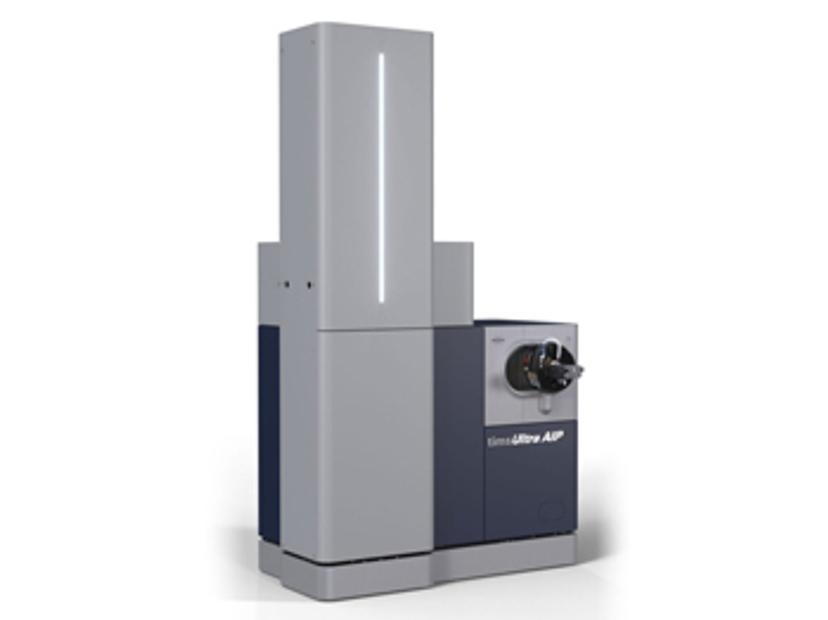Bruker introduces new timsUltra AIP System at ASMS 2025
Breakthrough Athena Ion Processor (AIP) delivers up to 35% more peptide and 20% more protein identifications for highest sensitivity proteomics
5 Jun 2025
At the 73rd Conference on Mass Spectrometry and Allied Topics (ASMS), Bruker Corporation has introduced significant further advances in ultra-high sensitivity 4D-Proteomics™ with the timsUltra AIP mass spectrometer.
Its innovative, breakthrough Athena Ion Processor (AIP) technology further boosts the extreme sensitivity of timsTOF Ultra PASEF® methods for key biological and clinical research problems with very low sample amounts.
New timsUltra AIP is delivering breakthrough sensitivity
The timsUltra AIP further enhances sensitivity by featuring the new AIP technology for further significant advances in high-sensitivity, high-throughput applications on complex biological samples, such as fine-needle aspiration (FNA) tumor biopsies, immunopeptidomics, single-cell proteomics, and metaproteomics. The sensitivity boost is delivered through the novel AIP technology allowing enhanced product ion transfer and optimal orthogonal TOF sampling of MS/MS fragment ions.
With up to 20% gains in protein identifications and up to 35% gains in peptide identifications — depending on the application —the timsUltra AIP system delivers enhanced sensitivity and sequence coverage for sample-limited applications such as single-cell studies. It also enables more comprehensive ion coverage for de novo peptide sequencing and immunopeptidomics neoantigen discovery.
Metaproteomics presents unique challenges as it must contend with highly diverse and dynamic proteome mixtures derived from numerous, often genetically uncharacterized microbial species. The vast search space and sequence homology among microbes increases false discovery rates and hinders accurate taxonomic and functional assignment. These challenges are being addressed by TIMS-enhanced ultra-high sensitivity of the timsUltra AIP.
Preliminary data shows that in combination with the new Evosep Eno nLC system (Evosep Biosystems, Odense, Denmark), the timsUltra AIP can deliver over 5000 protein identifications at 250 pg (sample amount of a single HeLa cell) with a throughput of 100 samples per day (SPD).
Even at 500 SPD, with less than 2.5 minutes per sample injection, more than 2000 proteins can be identified. This high-throughput capability, combined with ultra-high sensitivity, is a game-changer for applications requiring both depth and scale — such as rapid immunopeptidomics neoantigen profiling from FNA biopsies, single-cell proteomics, deep visual proteomics, and the complex challenges of metaproteomics.
David Gómez-Varela, Director of the Center of Excellence of Metaproteomics at the University of Vienna in Austria said, "With the new timsUltra AIP, we can now detect bacterial peptides in the sub-picogram range, reflecting the level of a single bacterium’s proteome — a major leap in sensitivity. This enables exploration of microbial life in unprecedented detail, unlocking new insights into the functional diversity of microorganisms."
Want the latest science news straight to your inbox? Become a SelectScience member for free today>>
